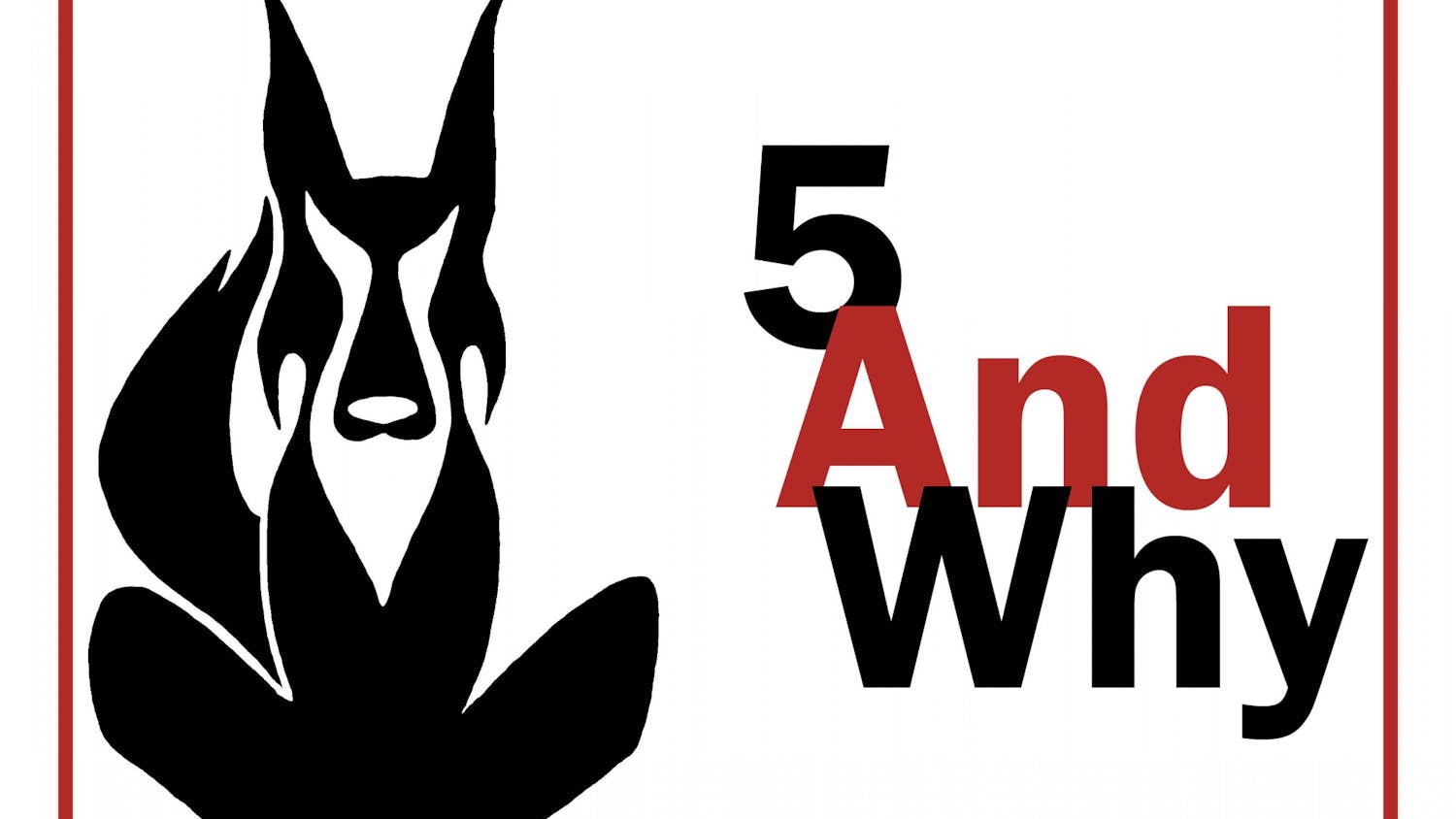Last semester more than 30 UNM students were arrested at Yale Park for voicing their support for the Occupy Albuquerque movement after school officials closed the protest site due to mounting safety concerns.
In the spirit of these arrests, I will examine when a police officer is legally permitted to stop and search one’s personal property in a public area.
The Fourth Amendment of our Constitution provides protection against illegal searches and seizures and is implicated the moment that one is stopped by an officer.
An officer always needs reasonable suspicion that a crime has been committed to stop someone or to search one’s personal property.
New Mexico case law demonstrates that it is not enough for an officer to observe nervous, shady or evasive behavior to meet the standard for reasonable suspicion. This type of behavior needs to be coupled with actual knowledge that a person has committed a crime, is presently committing a crime or has fled from a group of people who committed a crime.
Assuming the officer has a reasonable suspicion to stop an individual — based on the factors above — the reasonable suspicion does not automatically provide the officer with the right to search one’s personal belongings.
The officer must also reasonably believe that one poses a threat to the officer’s safety based on erratic, unusual, confrontational or quick and nervous behavior. If such behavior is present, the officer may conduct a brief, protective pat down to ensure his or her safety.
Nevertheless, this protective pat down is very limited and only allows the officer to pat down pockets, waistbands and “outer areas of clothing” that could be used to conceal weapons.
Based on this fact, never keep “valuable items” in your pockets, waistbands, or other areas of bulky clothing, because officers could argue that they were simply conducting a protective pat down of these areas.
Additionally, any incriminating items found in these areas of one’s clothing can be used to extend the limited search beyond one’s outer clothing, or even for the probable cause necessary for one’s arrest.
As such, always keep “valuable items” in a purse, bag, backpack, or man-purse. It’s 2012, guys, and Indiana Jones has been wearing a man-purse for nearly two decades now. Who’s more of a man than Indiana Jones?
In any event, the officer must demonstrate probable cause to search these items, because they provide a higher expectation of privacy, and a protective pat down is limited and restricted to one’s pockets and outer areas of clothing.
Get content from The Daily Lobo delivered to your inbox
This is the extent that the officer can legally search without your consent or without probable cause to expand the search. Remember that one always has the right to deny the officer’s request to search one’s property unless reasonable suspicion or probable cause is present to justify the search.
Have a great day, UNM.
Matthew Legan Sanchez is an UNM alumnus and a lawyer with the Family Law Firm.





